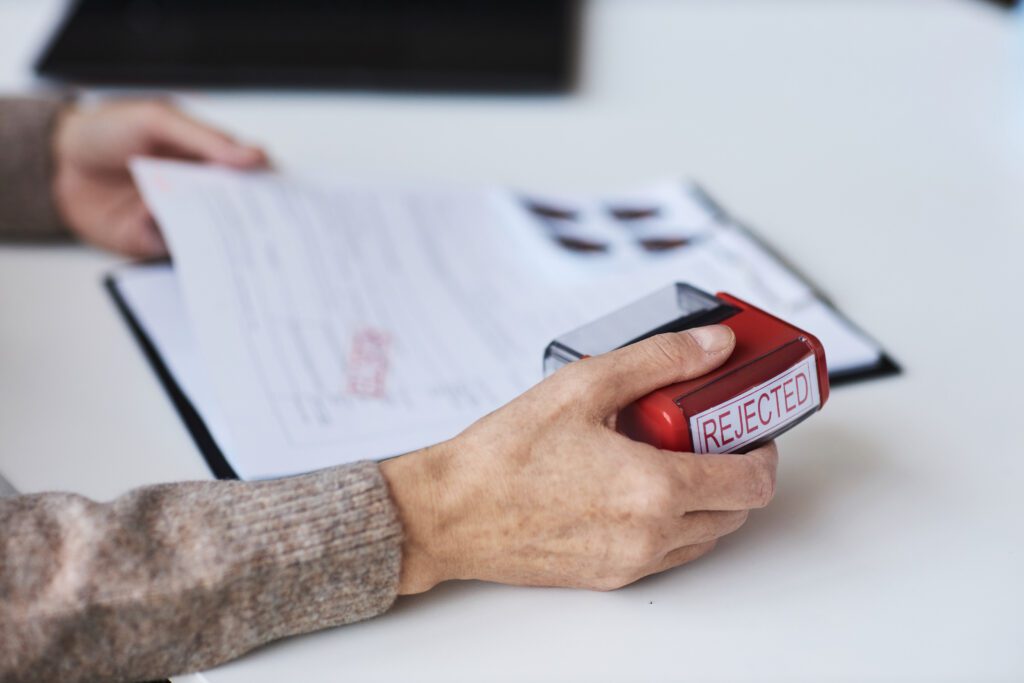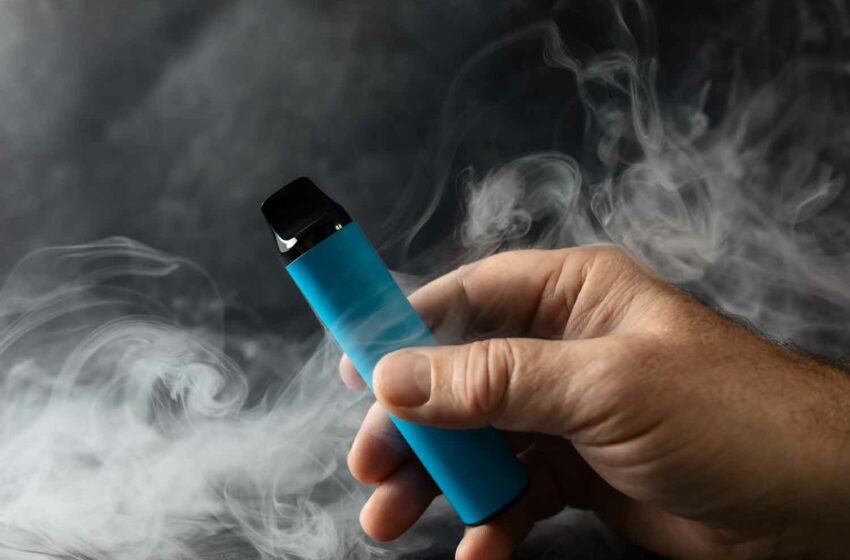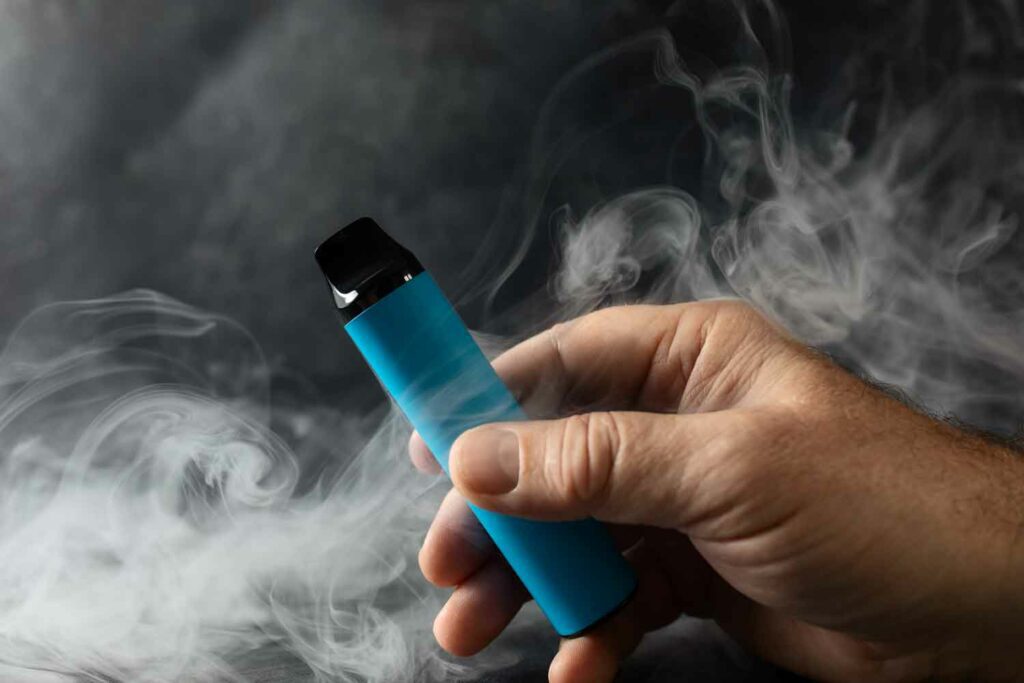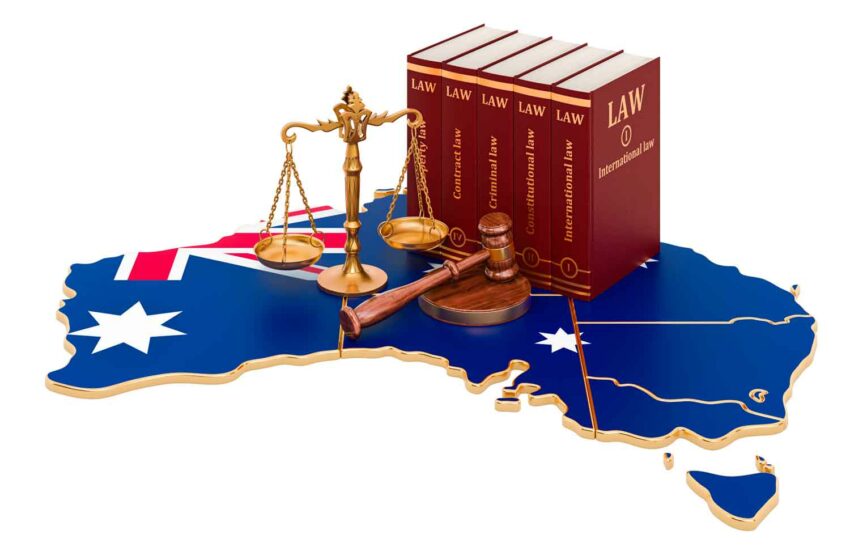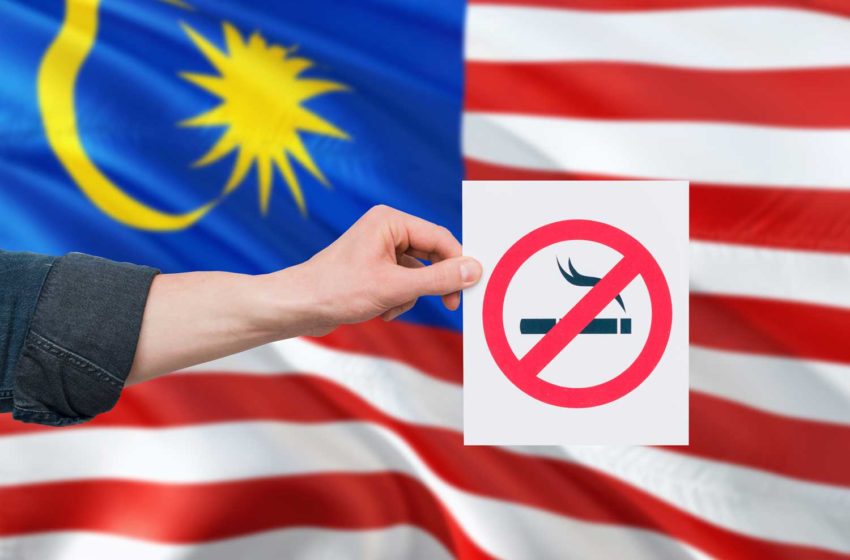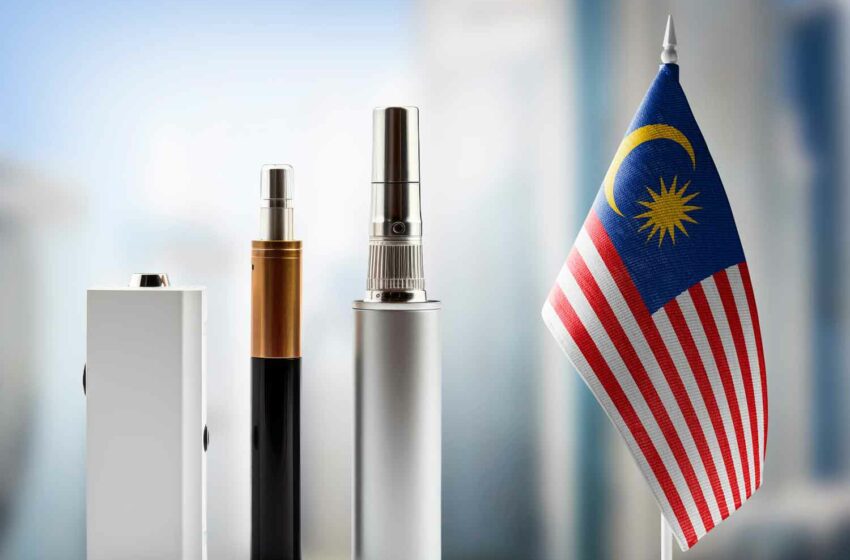
The City of San Antonio, Texas, is banning the use of e-cigarettes, or vaping, where smoking is currently restricted. The revised ordinance will take effect on January 1, 2025, and will prohibit their use in all venues where smoking is currently restricted.
Businesses must include the electronic smoking device icon on signs prohibiting smoking. The icons for both cigarettes and e-cigarettes should be enclosed in the standard red circle with a red bar across them, media reports. They will be required for every public place and place of employment where smoking is currently prohibited.
“This update reflects our commitment as the community health strategist and ensures that policies remain relevant to current circumstances, adapt to technological changes, and mitigate potential risks,” said Dr. Claude A. Jacob, Metro Health director. “By reducing exposure to secondhand smoke and promoting smoke-free environments, we are taking significant steps to protect the health of our citizens.”



